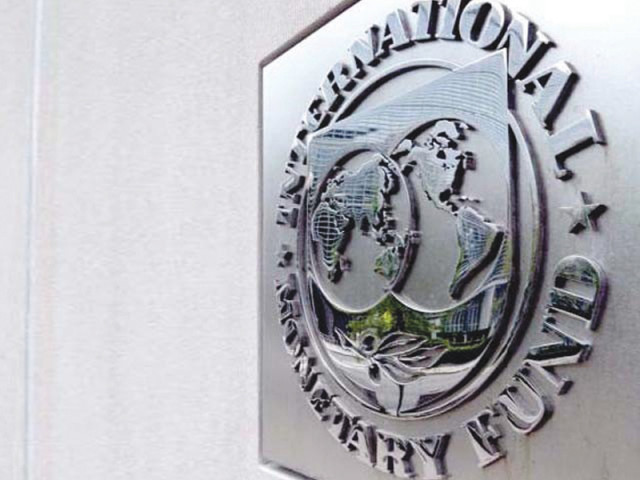Sliding rupee, rising costs
It would be wiser to negotiate more carefully with the IMF before agreeing to conditions that damage the economy.

It would be wiser to negotiate more carefully with the IMF before agreeing to conditions that damage the economy.
In fairness to the government, many of the factors that have resulted in the rupee’s depreciation are beyond its control. Since the start of the year, the rupee has lost nearly 8.5 per cent of its value, but this decline pales in comparison to those of other emerging markets’ currencies. Much of this decline is due to international investors fearing a slowdown in the global economy and pulling their money from what they view as riskier economies like Pakistan, but also India, Brazil, and others. But the government has been a willing accomplice in the decline as well, accepting the IMF’s recommendations that the rupee’s value be allowed to go down. Islamabad went along with this decision largely because it needed the money from the IMF and the move would benefit export-oriented industries, which have large and powerful lobbies. But one major impact of this move appears to not have been considered. Close to half of Pakistan’s energy needs are met by imported oil, the price of which is denominated in dollars. A lower value of the rupee means higher energy costs, and thus higher costs of doing business. More importantly, higher energy costs mean higher inflation, including in the cost of essential items.
It is somewhat ironic that the IMF has asked the government to allow the rupee to depreciate while also asking Islamabad to contain inflation, particularly when the two goals work in opposing directions and the former seems to have been unnecessary. We are not advocating that the government use up its limited store of foreign exchange reserves to shore up the value of the rupee. But perhaps, it would be wiser to negotiate a little more carefully with the IMF before agreeing to conditions that appear to be causing unnecessary damage to the economy.
Published in The Express Tribune, September 30th, 2013.
Like Opinion & Editorial on Facebook, follow @ETOpEd on Twitter to receive all updates on all our daily pieces.














COMMENTS
Comments are moderated and generally will be posted if they are on-topic and not abusive.
For more information, please see our Comments FAQ